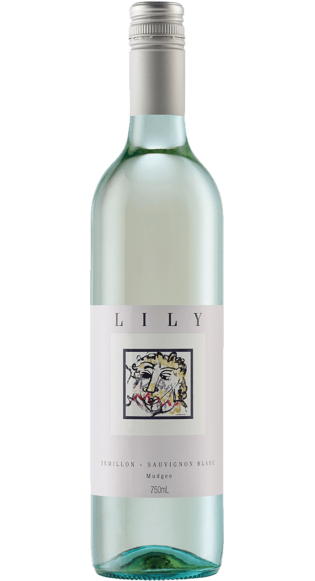Health Benefits of Red Wine
H e a l t h B e n e f i t s o f R e d W i n e
Red wine, often associated with relaxation and conviviality, has been a staple in the diets of various cultures for centuries. Beyond its delightful taste and ability to enhance social experiences, red wine has gained attention for its potential health benefits. While moderation is key, indulging in a glass of red wine may offer more than just a pleasant evening – it could contribute to your overall well-being.
Rich in Antioxidants:
One of the key health benefits of red wine lies in its abundance of antioxidants. Red grapes, the primary ingredient in red wine, contain polyphenols such as resveratrol, quercetin, and flavonoids. These compounds play a crucial role in neutralizing free radicals, unstable molecules that can damage cells and contribute to aging and various diseases.
Heart Health:
One of the key health benefits of red wine lies in its abundance of antioxidants. Red grapes, the primary ingredient in red wine, contain polyphenols such as resveratrol, quercetin, and flavonoids. These compounds play a crucial role in neutralizing free radicals, unstable molecules that can damage cells and contribute to aging and various diseases.
Wine is one of the most civilized things in the world and one of the most natural things of the world that has been brought to the greatest perfection, and it offers a greater range for enjoyment and appreciation than, possibly, any other purely sensory thing.
Ernest Hemingway Tweet
Lowering Blood Pressure:
The presence of polyphenols in red wine may also contribute to the regulation of blood pressure. Resveratrol has been shown to help relax blood vessels, promoting better blood flow and potentially lowering blood pressure levels. However, it is important to note that excessive alcohol consumption can have the opposite effect, so moderation is key.
Diabetes Prevention:
Some research suggests that moderate red wine consumption may be linked to a lower risk of type 2 diabetes. The antioxidants in red wine, particularly resveratrol, may enhance insulin sensitivity, potentially reducing the risk of developing diabetes. However, individuals with diabetes or those at risk should consult their healthcare provider before incorporating red wine into their diet.

Cognitive Health:
Resveratrol has garnered attention for its potential role in supporting cognitive health. Some studies have suggested that it may help protect the brain from age-related decline and neurodegenerative diseases. While the evidence is promising, more research is needed to fully understand the extent of red wine’s impact on cognitive function.
While the health benefits of red wine are intriguing, it’s essential to emphasize the importance of moderation. Excessive alcohol consumption can have detrimental effects on health, outweighing any potential benefits. If you choose to enjoy a glass of red wine, do so responsibly, and always consult with your healthcare provider, especially if you have existing health conditions.
In the end, red wine can be a delightful addition to a healthy lifestyle when enjoyed in moderation. Its unique combination of antioxidants and potential cardiovascular benefits make it a fascinating subject of ongoing research, offering another reason to savor a glass of this timeless elixir.

Scott Artis
@scottartis • More Posts by Scott
Conservationist and entrepreneur - founder of Urban Bird Foundation and co-Owner of Short Tales Vineyard. Lives with his wife Heather and their 4 German Shorthaired Pointers in Napa.















